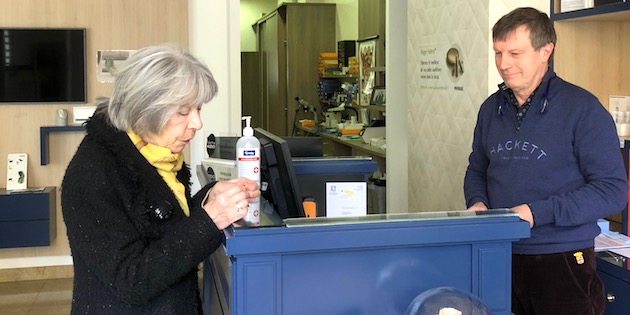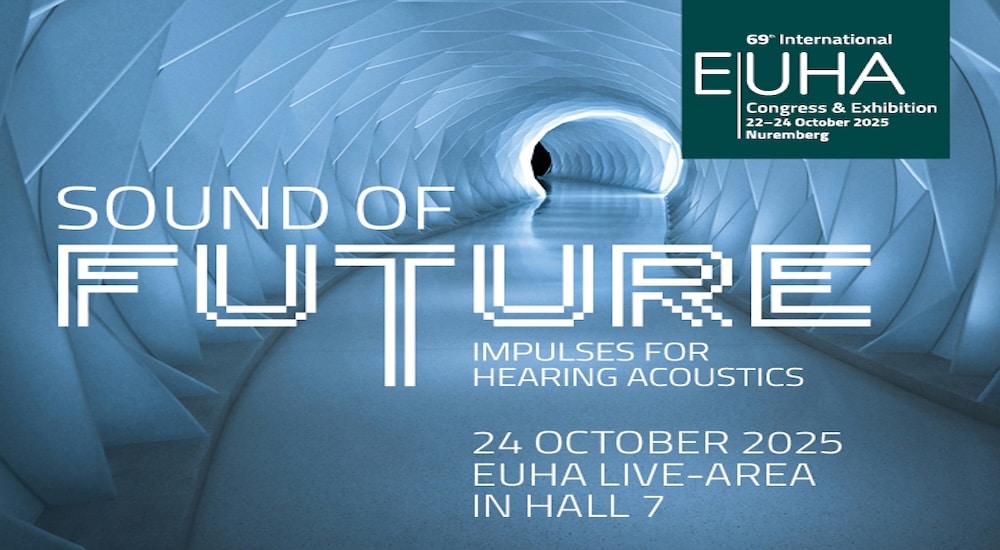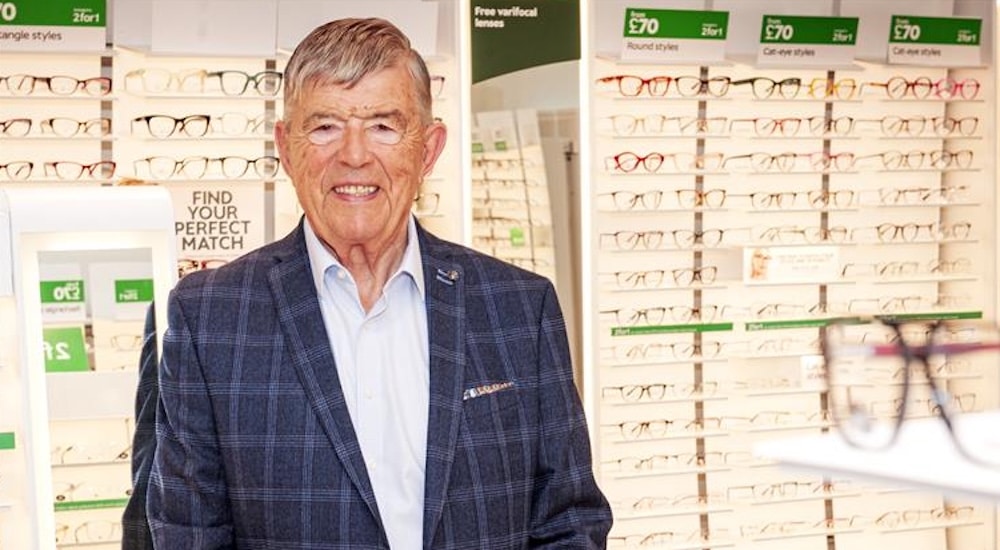AWN Coronascope: Audiology in France
crisis
As the coronavirus lockdown was applied in France, local audiologists were not on the list of essential healthcare professionals for whom a scarce supply of protective equipment was reserved. But some still opened their doors, as Audio Infos France editor-in-chief, Corrine Couté, reports.

On the evening of March 16, France was ordered into lockdown, a measure applied nationwide. All non-essential or non-strategic activities were ordered to cease. Grocery stores, pharmacies, and shops with basic necessities were allowed to open, and essential services to run.
Masks and other protection supplies were scarce or missing in France when the World Health Organisation declared the pandemic, and even doctors and nurses in direct contact with the sick had a tough time finding these protective essentials. But some hearing centres managed to find supplies, and even worked with surgical masks. The country has struggled with a phenomenon of stolen masks (from doctors' cars, in some cases) since March 16.
By April 6, the country was registering a total of confirmed Covid-19 cases about to pass 93,000, with over 8,000 deaths attributed to Covid-19 complications. Under the restrictions, penalties for people on the street without proven necessity (going to work if unable to work from home, essential shopping, illness, helping family or people in difficulties, solo sport and dog walking) range from 135 € to 3,750 €, and with possible 6-month prison sentences.
The loneliness of the hearing aid practitioner
One of Philippe Metzger's five hearing centres currently remains open in the 20th arrondissement of Paris, treating all patients from the other centres in this independent audiology chain. Initially working without protection, but respecting the safe physical distance advice, he began the lockdown by treating patients while waiting for masks to arrive. This independent hearing care professional has established a routine in line with the instructions given to the profession by UNSAF (National Union of Hearing Care Professionals).
The telephone rings constantly at the Audition Conseil hearing centre in the Rue des Pyrénées, Paris. Philippe Metzger, the sole hearing aid practitioner still at the centre, answers: "Your hearing aid is not loud enough? It's not an emergency, if it can wait until the end of the confinement, that's fine," he explains to his interlocutor. The centre is dealing only with batteries and troubleshooting, and this is what Philippe explains.
Trips to attend to elderly patients
The phone rings again: "So, your batteries are not charging anymore? How old are you?" he asks. "Eighty-five! You're not going out of the house, of course!" says Philippe, who ascertains that no one can travel on behalf of this patient. He then offers to visit and agrees on a strategy. He will call her when he arrives at the downstairs, and then he will go up. She'll have put the devices outside the door, and closed it. He will then change the failing batteries, and then put the device back in front of the door, along with the bill. He will step back so that the patient can open the door, pick up the appliances, and leave a cheque. He will then close the door so that he can approach her again. The patient agrees.
This is the kind of exceptional trip Philippe Metzger will make for a person over 80-years-old who has to remain totally confined and does not have a neighbour or family member who can go to the centre, because "sending batteries by post does not work; it would take too long," he explains. "I drop them on the mat, I'm a bit like a pizza delivery man,". he admits.

© Audio Infos No protection
Among other calls is one from a patient whose hearing aid assessment has been delayed until May. The customer is satisfied and prepared to wait, a relief for Philippe Metzger, who is forced through a shortage of protective equipment to take risks: no mask or gloves, only hydro-alcoholic gel for patients, and a soap-and-water point for hand washing. The government had allocated the scarce protective supplies initially available to caregivers in direct contact with patients, and hearing aid practitioners were not on the list. Philippe provides his services merely by keeping his distance. "We know that if you're more than five feet away, there's no risk," he explains. "Those coming in must do so one by one," continues the audiologist, who admits that he has never yet had to deal with two patients who would have come in at the same time. Contactless payments for sums under 30 euros. "If the amount is higher, I ask the person to gel their hands after entering the code. And I wash my hands after each patient," explains Philippe Metzger. But he cannot accommodate anyone in the cabin, a space that is too confined to be with a potentially contaminated person without a mask.
Economic hardship if the situation goes on
In closing his five other centres, Philippe Metzger has laid off the rest of his staff, both for economic reasons and because some are under treatment and considered to be at risk. Only one staff member continues to take phone calls from home. This professional does what he can to keep bright in a situation that is far from easy: "Everyday life is less fun. Usually there are four of us, I feel lonely," he admits. "Fortunately, the patients are very grateful for our openness and for listening, so it's still rewarding despite everything."
"We can hold out for two months like this, but it mustn't last any longer." Philippe Metzger was hoping to reopen other centres when the supply of masks and gloves resumed. "But there still has to be demand," he said. All being well, he has no intention of applying for the promised state assistance: "We don't have a cash flow problem, so we don't need it, we leave it to other companies that are in more trouble."
Source: Audio Infos France


